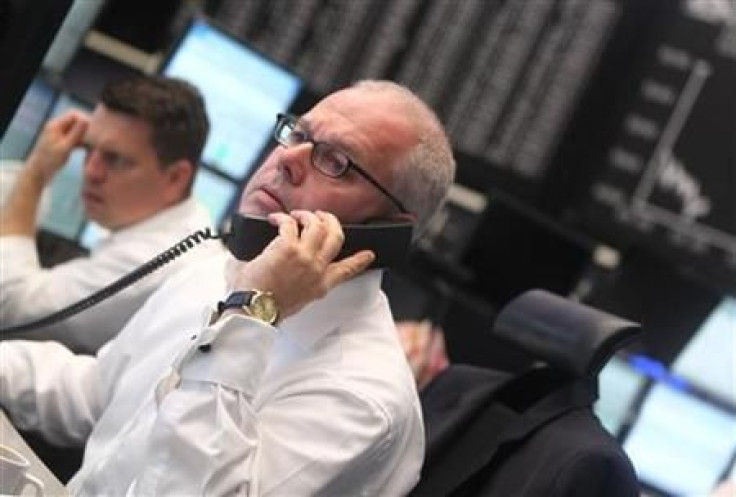Investor Confidence is Growing Scarce

Tom Sowanick is co-president and chief investment officer at Omnivest Group in Princeton, N.J.
There are three things that are driving investor sentiment in today’s marketplace: (1) what happens to global equities, if and when Greece defaults, (2) has systemic risk returned to levels seen before the collapse of Lehman Brothers (?); and (3) the sense that there is no leadership, anywhere, globally.
Perhaps these views are too dire, but the sentiment remains the same. What is different this time is that we all lived through the Lehman experience and no one seems ready to experience another financial meltdown. It seems almost certain that the central bank community is entering into a period of coordinated easing, which should give some calm to the financial markets.
European leaders seem to be working closely, but sternly, with Greece to come to an agreement in order to release the next phase of the loan package. Whether Greece can convince Eurozone officials that they have taken the right measures may not be as important as the fact that almost everyone now expects Greece to fail. Therefore, the risk is that Greece actually succeeds to live another day.
Bank stocks are clearly trading as if a redux of Lehman Brothers is imminent. Bank of America’s stock price is trading at its lowest levels since the spring of 2009 and is now down 52 percent from the beginning of the year.
The broader SPDR KBW Bank Index (NYSE: KBE) has fallen 33.3 percent over the same time period.
On the interest rate front, with the exception of nine countries globally, interest rates are now lower than they were at the beginning of the year. The lower interest rate environment should be viewed as somewhat stimulative for the global economy.
Oil prices have also fallen sharply in recent weeks and are now only pennies away from their lows of $80.14 during last August. Lower energy prices and lower commodity prices can act as another source of economic stimulus.
Certainly, the threat of tighter fiscal policy is in contrast to super easing monetary policy. However, should the risk of tighter fiscal policy offset the benefits of lax monetary policy, lower funding costs, and lower commodity prices? We think not -- at least not completely.
Though interest rates are dangerously low, they may in fact stay low for a considerable period of time. The stickiness of low interest rates should eventually act as sufficient enough reason to shift assets away from overvalued risk-free assets in favor of undervalued risk assets.
As of today, the most undervalued assets in the U.S. market are equities and lower-quality municipal bonds. Both of these asset classes have risks, but they may also be priced to fully reflect these risks.
© Copyright IBTimes 2024. All rights reserved.











